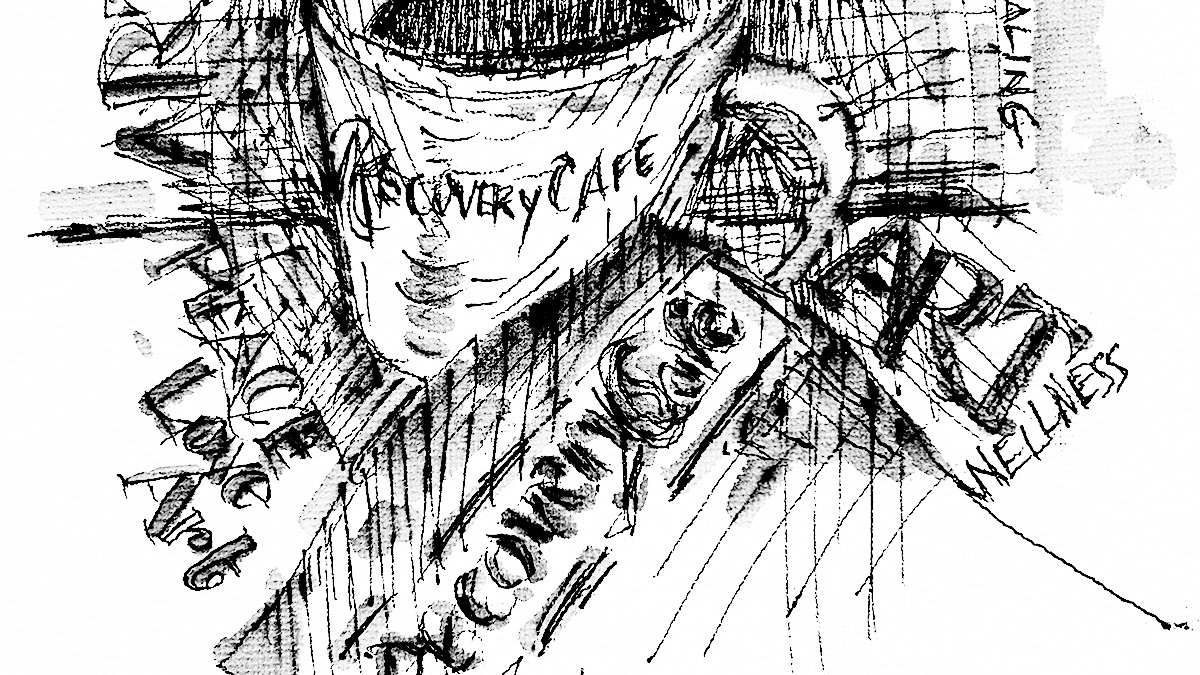Situational awareness refers to the ability to be aware of your surroundings and understand the dynamic elements in the environment that may impact you. This concept is often used in contexts like safety, security, and emergency response, but it's also relevant in everyday life for decision-making, interpersonal interactions, and managing potential risks.
While situational awareness generally refers to the external environment, mental health awareness often pertains to internal states of mind. However, they can influence each other.
For example:
• Mental health issues (such as anxiety or depression) can impair your situational awareness. Anxiety may cause hyper-vigilance or an inability to focus on the present moment, while depression might lead to withdrawal and disconnection from surroundings.
• Situational stressors (e.g., a dangerous or high-stakes environment) can negatively affect mental health if prolonged or overwhelming, leading to burnout, anxiety, or even trauma.
• Mental health issues (such as anxiety or depression) can impair your situational awareness. Anxiety may cause hyper-vigilance or an inability to focus on the present moment, while depression might lead to withdrawal and disconnection from surroundings.
• Situational stressors (e.g., a dangerous or high-stakes environment) can negatively affect mental health if prolonged or overwhelming, leading to burnout, anxiety, or even trauma.
In a practical sense:
• Being mentally aware of your emotional state can help improve your situational awareness. If you're aware of being overly anxious, you might take steps to ground yourself and regain focus on your surroundings.
• On the flip side, being aware of your environment can improve mental health by helping you feel safer and more in control, which can reduce anxiety or stress.
• Being mentally aware of your emotional state can help improve your situational awareness. If you're aware of being overly anxious, you might take steps to ground yourself and regain focus on your surroundings.
• On the flip side, being aware of your environment can improve mental health by helping you feel safer and more in control, which can reduce anxiety or stress.
In summary, situational awareness involves being attuned to external cues in your environment, while mental health awareness is about understanding your internal emotional and psychological state. Both are essential for maintaining safety, well-being, and healthy interactions.
The following videos are designed to test our perceptions of what is going on around us. Watch the videos and participate in the exercises they contain, then do some relaxation/breathing work, then watch the videos again to see if your perceptions improve.









